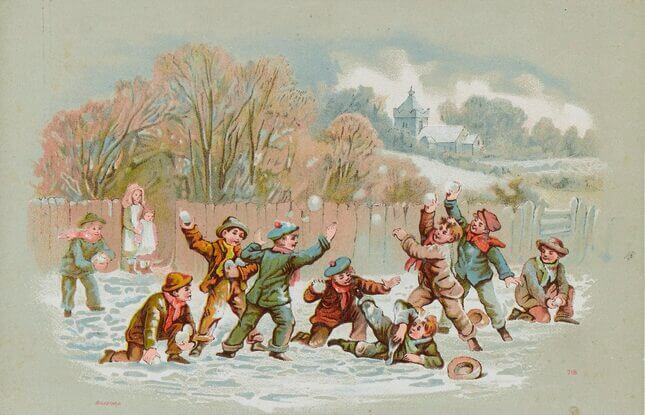How to Talk to Your Son About Pants
Latest

Each winter, a subset of boys, teens, and young men are afflicted with the seasonal delusion that their own masculinity is sufficient insulation against freezing temperatures. A telltale sign of this affliction is the young man who stands at the bus stop or quad in a puffer jacket and basketball shorts, leaving leg skin exposed to the elements and also exposing anyone standing within ten feet to a lengthy explanation of the ways in which his abnormal, hyper-masculine internal heating system leaves his legs without need of cover from the knee down all year round.
In order to combat the spread of wintertime shortpants disease in young American males, the Atlantic recently launched an investigation of the disorder’s causes in search of its cure. And the main cause, according to survivor Tyler Wood, is a yearning for identity unencumbered by societal pressure to be warm so intense it borders on addiction:
“There were days that got below zero”—when wearing pants would have been nice—“but it wasn’t even really a choice at that point,” he remembered with a laugh. “It’s like, if you’re going to wear shorts when it’s 30 degrees out, you have to be ready when it’s -10. This is your time to shine!”
Other experts suggest that the phenomenon of the inappropriately pantsless American manchild could be an adverse reaction to the inherently feminine act of not being cold: “Wearing shorts—or perhaps more precisely, exercising the autonomy to choose to wear shorts—during what most people consider parka weather may feel to some kids and adolescents like the ultimate display of maturity and wardrobe independence. (Meanwhile…many young girls recognize soft, fuzzy outerwear as desirably, rather than revoltingly, cute.)“
If your son has begun to display telltale symptoms, such as an aversion to gloves or revulsion at the sight of hats, here are some expert-approved ways to talk to him about pants before it’s too late.
Don’t ask him to wear pants
-

-

-

-

-

-

-

-

-

-

-

-

-

-

-

-

-

-

-

-

-

-

-

-

-

-

-

-

-

-

-

-

-

-

-

-

-

-

-

-








































